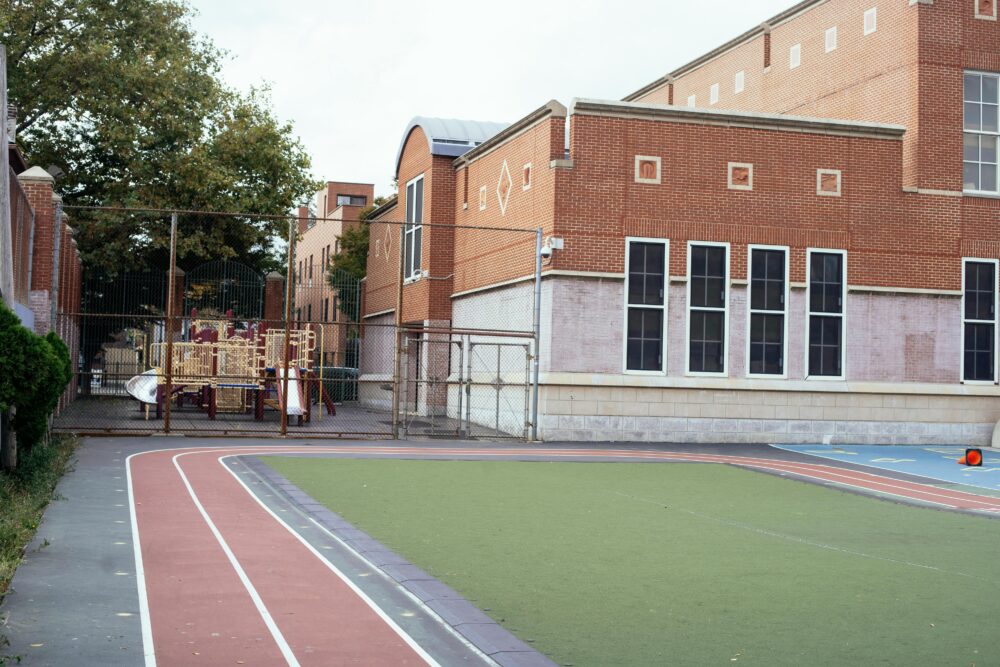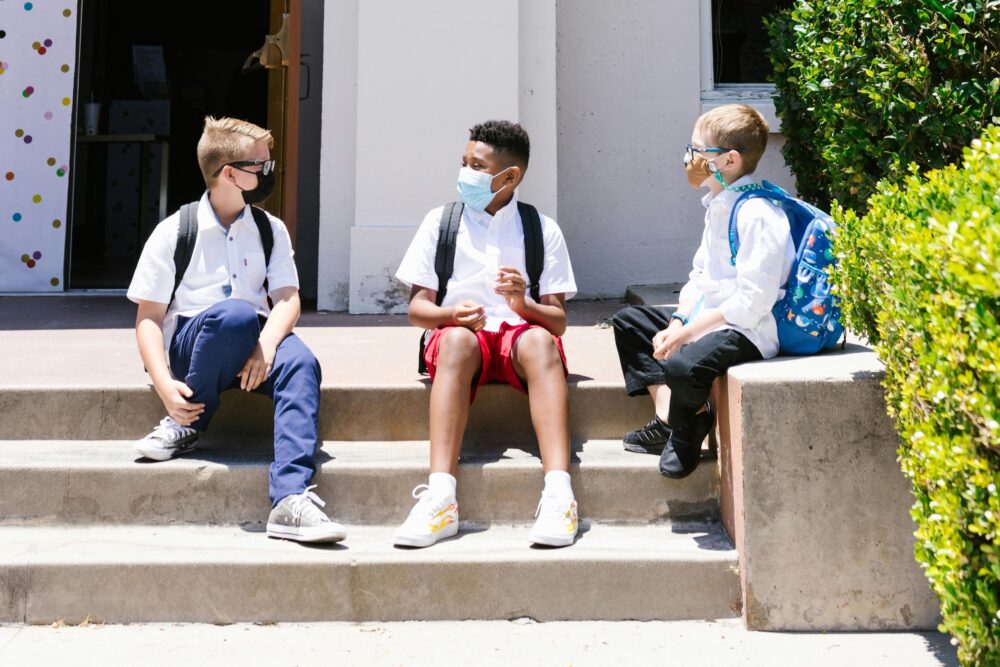Statement on Delay of School Reopening
Kim Sweet, Executive Director of Advocates for Children of New York (AFC), issued the following statement in response to Mayor de Blasio’s announcement delaying the first day of school.

With so many unanswered questions about the reopening of school buildings, the City needs to use this additional time to develop robust plans for supporting students in the year ahead, particularly the students with the greatest needs. Remote learning was disastrous for many students with disabilities, English Language Learners, and students experiencing homelessness this past spring; given that all students will continue to learn remotely at least some of the time for the foreseeable future, the DOE must develop and implement strategies to improve online instruction. Also, the transition to a hybrid model poses a slew of new challenges that have yet to be addressed. For example:
- Approximately 50,000 students with disabilities, along with students experiencing homelessness and students in foster care, have a legal right to transportation, but the City has still not finalized any bus contracts. Families of these students need to know how their children will get to school, and many cannot front the cost of transportation or send their children alone on the subway if busing is not in place by the first day of class.
- The City must ensure all students have the technology they need; distributing iPads is just the first step. Some family shelters, for example, have no WiFi and limited-to-nonexistent cellular reception, making it difficult for students in shelter to actually use those iPads to participate in remote learning.
- The City must improve communication with families and ensure parents receive information in a language they can understand. When schools closed in March, many immigrant families and others were left in the dark. Parents cannot be expected to supervise and support their children’s remote instruction unless they have two-way communication with their schools.
- Ensuring all students receive the support they need to learn under a blended model must be a top priority. It remains unclear how schools will staff integrated co-teaching (ICT) classes, schedule related service sessions, and otherwise ensure all students with disabilities receive their mandated special education instruction and services when they are only in the building 1-3 days per week. Similarly, the DOE has not put forward a meaningful plan for supporting English Language Learners, many of whom struggle to make progress in the absence of in-person supports, or a plan for connecting students with mental health services.


